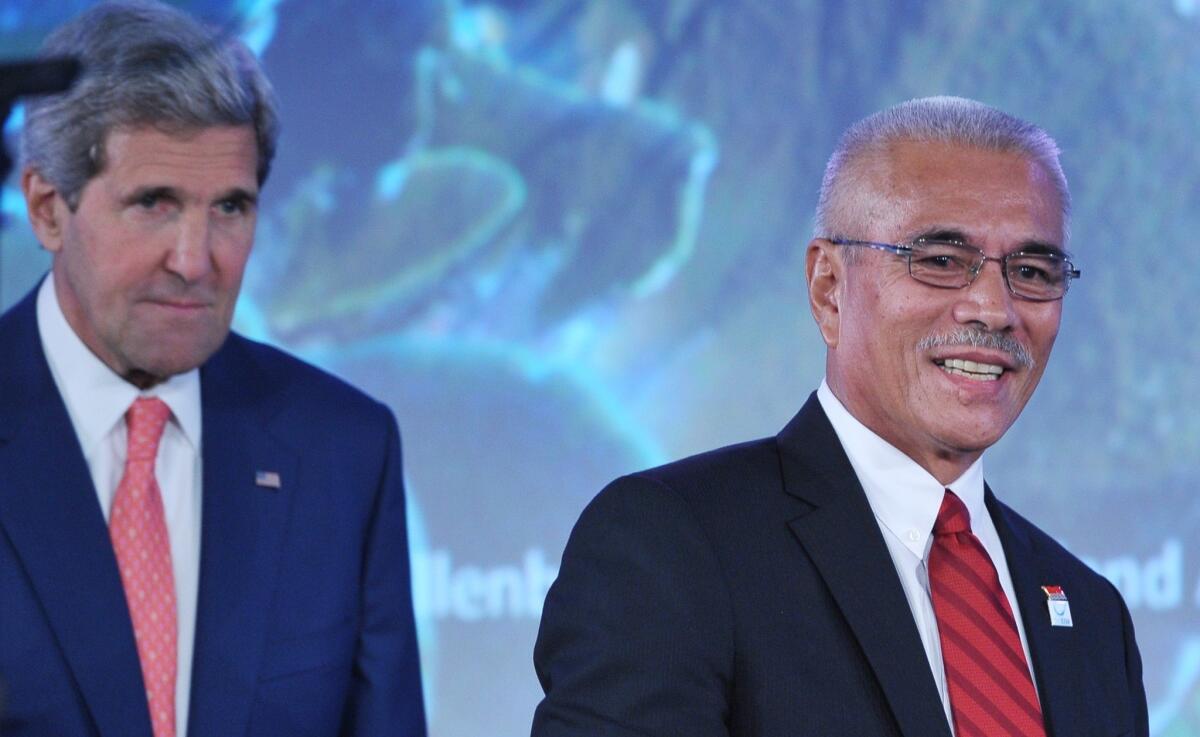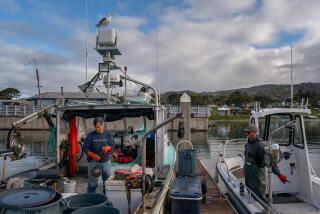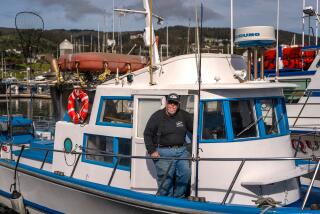Island nation of Kiribati bans commercial fishing in part of Pacific

Kiribati will prohibit commercial fishing in a swath of ocean that is a major spawning ground for tuna, the Pacific island nation’s president said this week, not long before President Obama announced U.S. plans to protect top marine areas and fight black-market fishing.
Kiribati President Anote Tong discussed the ban on fishing in the Phoenix Islands Protected Area on Monday during the opening keynote of the U.S. State Department’s Our Oceans conference in Washington. The two-day conference addressed unsustainable fishing practices, marine pollution and ocean acidification, the process by which oceans absorb carbon dioxide from the atmosphere and become more acidic.
“As a small economy, the projected initial loss in revenue weighed very significantly in our consideration,” Tong said. Fish and dried coconut meat make up the bulk of the Kiribati’s production and exports, so a ban on fishing in certain areas could have a significant effect.
“Its closure will have a major contribution to conservation and to the rejuvenation of fish stocks and to global food security,” Tong said.
“More importantly, it indicates our strong conviction to the global community that addressing the challenges of climate change calls for very serious commitment and sacrifice.”
Obama announced measures Tuesday to protect parts of the world’s oceans, including the creation of a marine sanctuary that would close part of the central Pacific to fishing and energy development.
Climate change is a major concern for Kiribati, an equatorial country north of Fiji that consists of 33 low-lying islands and atolls. Rising ocean levels and unusually high tides in recent years have eroded shorelines, destroyed food crops, contaminated freshwater lands and caused entire villages to have to relocate, Tong said.
But dealing with climate change “is not about economics, not anymore. It is not a political football,” he said. “It is now about what we must do together as responsible global citizens. No one country can do anything on its own to effect the kind of changes required.”
Tong also said his country has taken an initial step toward banning commercial fishing in a 12-mile nautical zone around each island in the southern Line Islands group.
Kiribati’s protected area covers an area about the size of California, and the ban on commercial fishing there is to take effect Jan. 1.
For more news, follow @raablauren on Twitter.







